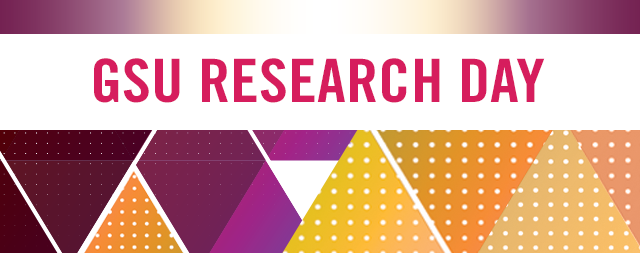Students’ Professional Development through the Gross Anatomy Laboratory Experience
Type of Presentation
Event
Location
Hall of Governors
Start Date
4-1-2016 1:00 PM
End Date
4-1-2016 3:00 PM
Abstract
The development of professionalism is an important component of allied health student education. MOT student researchers conducted an original research study to investigate the role of the Gross Anatomy Laboratory experience in shaping characteristics of professionalism in Master of Occupational Therapy (MOT) and Doctor of Physical Therapy (DPT) students at their university. Using a pre-/post- survey design, this study explored attitudes and self-evaluation of professionalism in areas including: confidentiality, collegiality, team process, group dynamics, preparedness, reliability, participation, and communication. Additionally, the researchers were able to compare the effects of the Gross Anatomy cadaver lab experience between MOT and DPT students. The results from this research can be used to inform Gross Anatomy Laboratory teaching methodology and/or Interprofessional Education curriculum.
Presentation File
wf_yes
Students’ Professional Development through the Gross Anatomy Laboratory Experience
Hall of Governors
The development of professionalism is an important component of allied health student education. MOT student researchers conducted an original research study to investigate the role of the Gross Anatomy Laboratory experience in shaping characteristics of professionalism in Master of Occupational Therapy (MOT) and Doctor of Physical Therapy (DPT) students at their university. Using a pre-/post- survey design, this study explored attitudes and self-evaluation of professionalism in areas including: confidentiality, collegiality, team process, group dynamics, preparedness, reliability, participation, and communication. Additionally, the researchers were able to compare the effects of the Gross Anatomy cadaver lab experience between MOT and DPT students. The results from this research can be used to inform Gross Anatomy Laboratory teaching methodology and/or Interprofessional Education curriculum.


Other Presentation Disciplines:
Dr. Renee Theiss is an Assistant Professor of Occupational Therapy and Physical Therapy in the College of Health and Human Services. Ms. Mary Beth Yopchick, Ms. Sarah Van Sickel, Ms. Saadah Ottman, and Ms. Sarah Jasso are graduate students in Occupational Therapy in the College of Health and Human Services.